
A teacher in a small village near Sefwi Wiawso opens a government-issued tablet, hoping to show her pupils an interactive video on the water cycle. She clicks “play” on the learning app—but the spinning buffering icon never stops.
After three minutes, she gives up and reverts to drawing clouds and raindrops on the blackboard. The children sigh, and class continues.
It’s a familiar scene across many parts of Ghana. Edtech promises to revolutionize education, offering children interactive tools, online libraries, AI tutors, and global exposure.
But all of it hinges on one crucial question: Is Ghana’s digital infrastructure—especially internet connectivity—ready to deliver the promise of Edtech?
The infrastructure dilemma
Let’s be honest—Ghana has made significant progress. Internet penetration has grown steadily. As of January 2024, there were 23.05 million internet users in Ghana, representing about 70percent of the population, according to DataReportal.
Mobile data subscriptions continue to rise, with MTN alone serving over 65percent of mobile internet users. Fiber internet is now accessible in some urban homes and schools. 5G pilots have started.
But here’s the catch: connectivity is uneven, unreliable, and expensive.
- In rural areas, connectivity can drop to under 30percent penetration, and in some regions, even schools with computers have no internet access.
- The average mobile data cost in Ghana is about US$0.61 per GB, which is cheaper than in many African countries—but still significant for low-income families or schools running on limited budgets.
- According to the GSMA Mobile Connectivity Index, Ghana scored 53.1 out of 100 in 2023 for mobile internet infrastructure—a moderate score that reveals how much work remains.
So while students in Accra might access educational platforms like Qknow, MetaSchool AI, WonderSpacED, eCampus, DeafCanTalk App or YouTube Learning, their peers in Bawku or Asutifi South might only hear about these tools, not experience them.
Why it matters for Edtech
Education is not just about content; it’s about access. You can have the best digital tools in the world, but if a child can’t connect, they’re left behind. This is the painful irony in the push for Edtech: it has the potential to bridge educational divides—but without digital infrastructure, it can widen them.
Access to quality internet is no longer a luxury—it’s an educational necessity. This is particularly important as Ghana shifts towards digitized curriculum, digital literacy standards, and remote learning models.
A tale of two classrooms
Consider this:
- Ama attends a private school in Kumasi. Her school has Wi-Fi, an LMS (Learning Management System), and tablets loaded with math and science apps. She learns coding on Saturdays through an online course.
- Yaw goes to a public school in the Upper East Region. There’s one desktop in the headteacher’s office. The computer lab is locked, with no Wi-Fi or IT teacher. His learning ends when school closes.
Both are Ghanaian. But their future opportunities may not be the same.
What’s being done
Ghana isn’t asleep. Government and private actors are working to improve digital infrastructure:
- Ghana Investment Fund for Electronic Communications (GIFEC) has installed Community ICT Centres and Rural Telephony Sites across hundreds of underserved areas.
- The Ghana.gov platform and various e-government services are pushing a national digital agenda.
- Startups like Surfline, Busy Internet, and Bluetown are providing innovative internet access models for schools.
- The Smart Schools Project, launched in 2024, includes the rollout of over 1.3 million tablets for SHS students—with pre-installed content to reduce real-time dependency on internet.
These are solid steps, but more must follow—and fast.
What Ghana needs to do now
If we are serious about Edtech, we must first be serious about digital infrastructure. Here’s how:
- Invest in nationwide connectivity for education – Make internet access in schools a national priority, especially in rural and peri-urban areas. Explore partnerships with telcos to offer free or subsidized educational data bundles to students and teachers.
- Support local offline-first edtech innovations – Encourage tools like Asanka, Kolibri, Mavis Talking Books, and Eneza Education, which provide offline learning experiences with updates when internet becomes available. This ensures no child is left out due to poor connectivity.
- Power the schools – Internet needs electricity. As of 2023, over 1,500 schools in Ghana still lacked reliable electricity. Solar and mini-grid solutions must be scaled up to power not just the internet, but the entire learning experience.
- Monitor and measure connectivity in schools – Create a national Edtech readiness map to track which schools are connected, which are not, and what resources are needed. Data is key to driving targeted policy and investment.
Reimagining the role of education
At the core of this conversation lies something deeper: education is our tool for nation-building. It is how we shape a society filled with people who are not only skilled and employable, but empathetic, courageous, competent, and proud to be Ghanaian.
The more we delay in ensuring equitable access to digital learning, the more we risk building a two-speed society—one that is digitally empowered, and another that is left behind. Technology in education is not about fancy devices. It’s about equal opportunity. It’s about the farmer’s daughter in Walewale learning science from the same curriculum as a diplomat’s son in Cantonments.
In closing
Ghana has the talent. Ghana has the ambition. What we need now is the digital backbone to support it all. So the next time we talk about Edtech as a gamechanger, let’s also talk about towers, routers, power lines, and data costs.
Let’s talk about building not just an educated nation—but a connected one. Because in today’s world, if education is the ladder, the internet is the rung that helps us all climb together.
>>>the writer is President of Ghana Edtech Alliance and an Edtech enthusiast. He can be reached via [email protected]
The post Edtech Insights with Kwame Nyatuame: The internet question: Is the country’s digital infrastructure ready for Edtech? appeared first on The Business & Financial Times.
Read Full Story
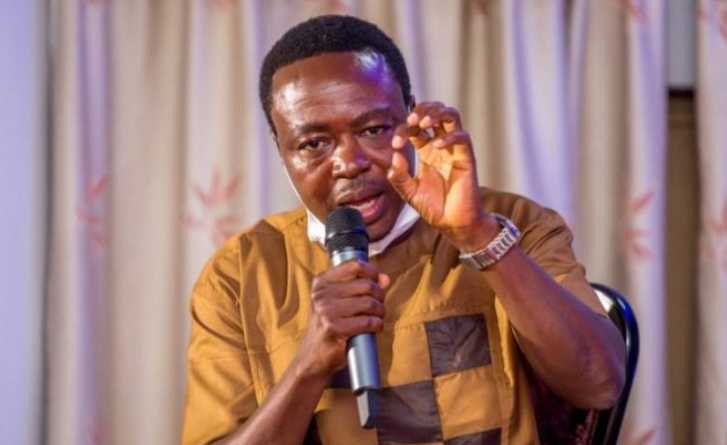
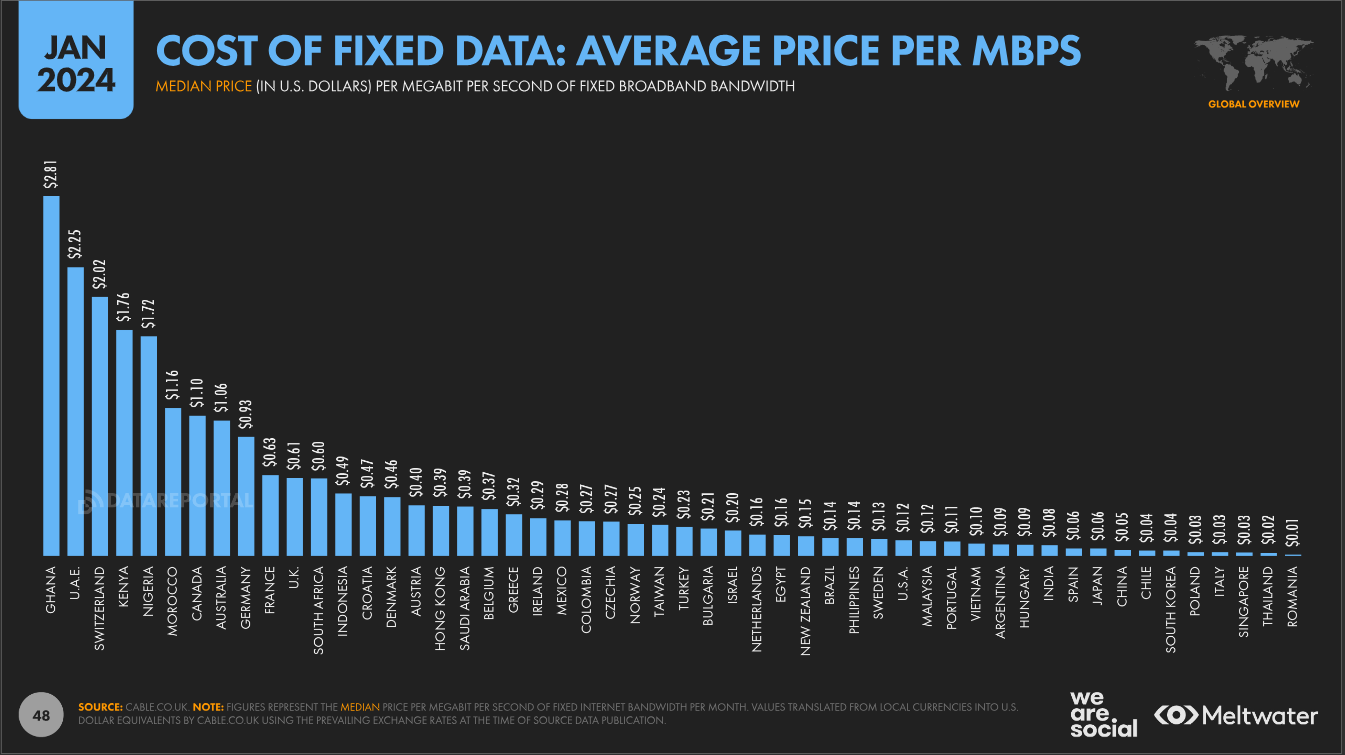






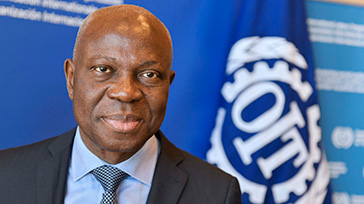


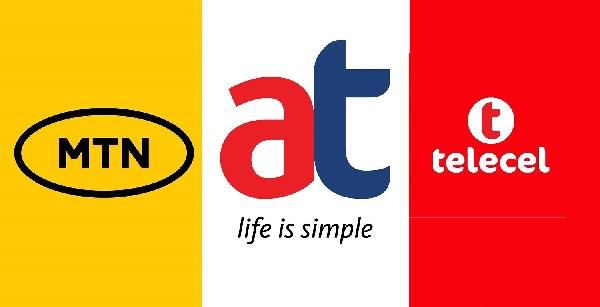
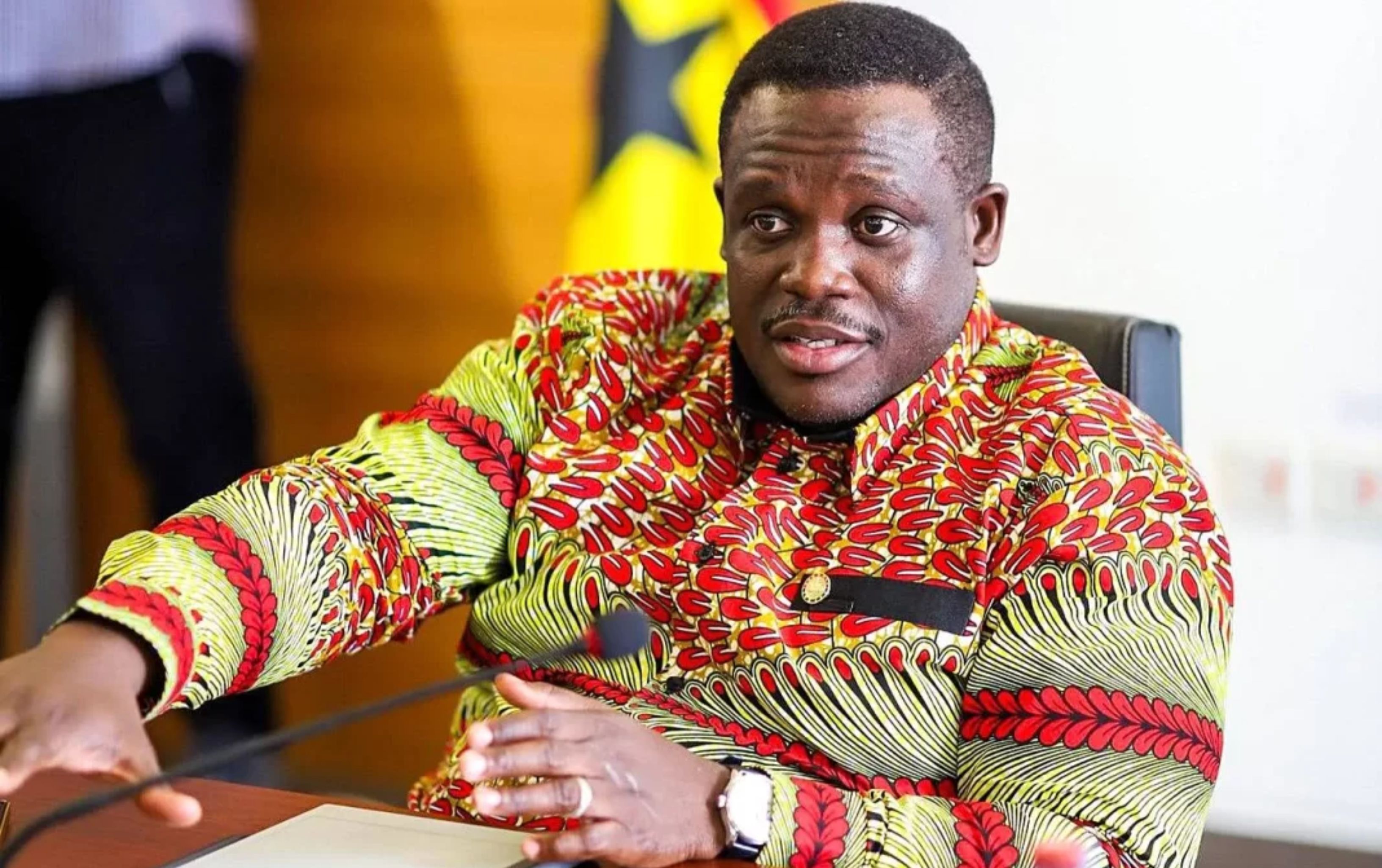

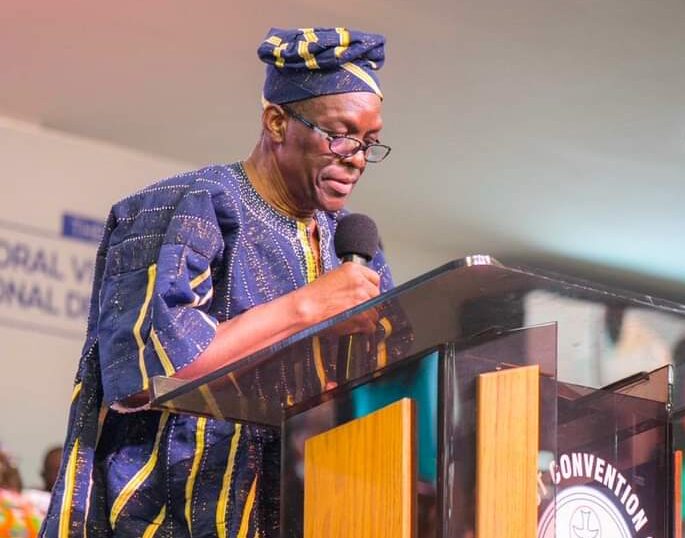
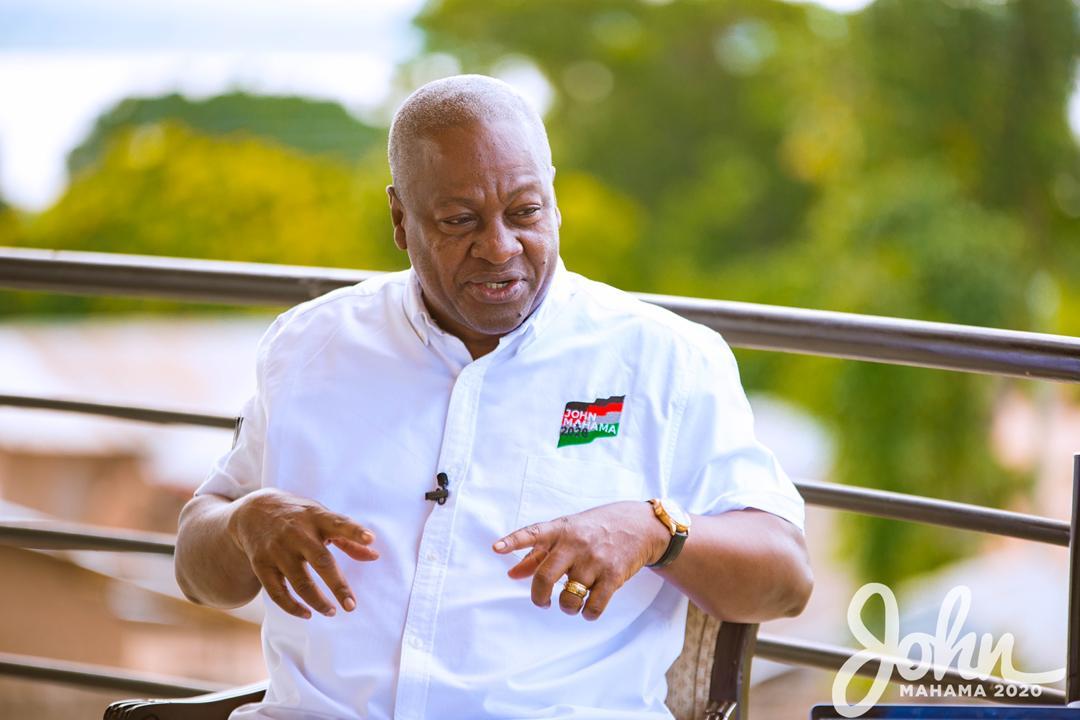

Facebook
Twitter
Pinterest
Instagram
Google+
YouTube
LinkedIn
RSS